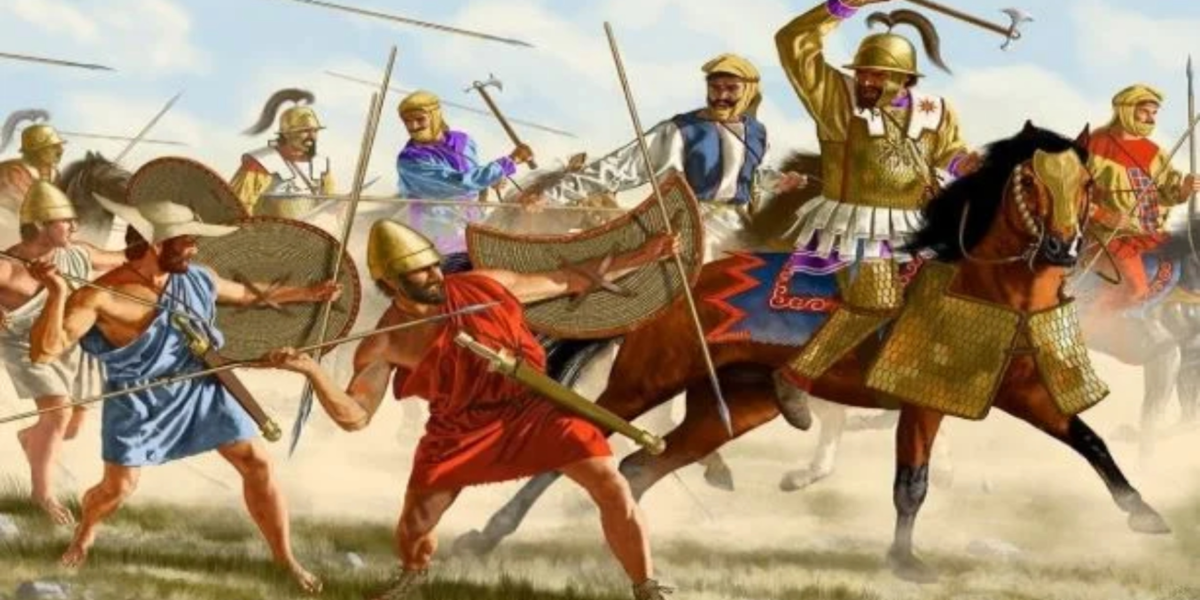Understanding the extent and impact of the world’s largest empires provides crucial insight into their historical significance. Spanning continents and centuries, these empires shaped social, political, cultural, and economic conditions across their domains.
Here’s a detailed look at some of the most influential empires in history.
1. The British Empire: The Pinnacle of Maritime Power
At its zenith, the British Empire was the largest empire in history, encompassing approximately 13.7 million square miles (35.5 million square kilometers) or about 24 percent of the world’s land area. As a maritime empire, it extended its reach across oceans, including vast territories in Africa, much of the Indian subcontinent, Oceania, parts of North America, and the Caribbean.
The empire’s influence was so extensive that, as the British famously declared, “the sun never sets on the British Empire.” Despite its dominance, the British Empire began to unravel following World War II, as geopolitical shifts and economic strains diminished its global influence, paving the way for the rise of the United States.
2. The Mongol Empire: The Largest Contiguous Land Empire
The Mongol Empire, founded by Genghis Khan in 1206, holds the distinction of being the largest contiguous land empire ever established. Spanning 9.3 million square miles (23 million square kilometers), the Mongol Empire stretched across Asia, into parts of the Middle East, and extended into Eastern Europe.
Renowned for their exceptional cavalry skills and swift conquests, the Mongols established a vast empire connected entirely by land. Although their reputation for brutality preceded them, the Mongols were also effective administrators, managing their expansive territories from the Central Asian steppes.
3. The Russian Empire: An Early Modern Power
Second only to the Mongol Empire in terms of contiguous land area, the Russian Empire covered 8.8 million square miles (22.8 million square kilometers). The empire, which lasted from 1721 until the Russian Revolution of 1917, was marked by its expansive reach across Eurasia.
Despite its considerable size and influence, the Russian Empire struggled with internal unrest and social inequalities, culminating in revolutionary upheavals that led to the establishment of the Soviet Union.
4. The Spanish Empire: Early Global Influence
The Spanish Empire, beginning its expansion in the late 15th century, controlled nearly 7 million square miles (18.1 million square kilometers) at its height. Known for its formidable naval power and aggressive exploration, the Spanish Empire established colonies across the Americas, Asia, and parts of Europe.
While its global reach was significant, the empire faced mounting challenges, including political and economic difficulties, leading to its decline by the 19th century, though it did not formally dissolve until 1976.
Read More: Saudi Arabia bans sick individuals, pregnant women, Children under 12 from Hajj 2025
5. The Qing Dynasty: China’s Last Great Empire
The Qing Dynasty, the final imperial dynasty of China, ruled over an area of 5.68 million square miles (14.7 million square kilometers) at its height, including present-day Mongolia, Tibet, Taiwan, and parts of China. Known for its rigorous bureaucratic system, the Qing Dynasty effectively governed its vast territories through a combination of military prowess and administrative efficiency.
However, internal strife and external pressures eventually led to its downfall in the early 20th century.
6. The Roman Empire: A Legacy of Influence
Spanning from 27 BCE to 476 CE, the Roman Empire, though covering 1.9 million square miles (5 million square kilometers), left an enduring legacy that profoundly influenced subsequent civilizations. Its legal system, architectural achievements, and Latin language have had a lasting impact on Western society.
Despite its relatively smaller land area compared to other empires, the Roman Empire’s contributions to law, governance, and culture continue to shape modern institutions and practices.
Significance of Empires
Empires, defined as extensive territories governed by a single authority, played pivotal roles in shaping global history. Their expansion often involved significant conflict and human suffering, but once established, empires could also foster periods of relative peace and prosperity.
The legacies of these great empires highlight their complex and multifaceted impacts on the world, influencing subsequent historical developments and setting the stage for future empires.
















